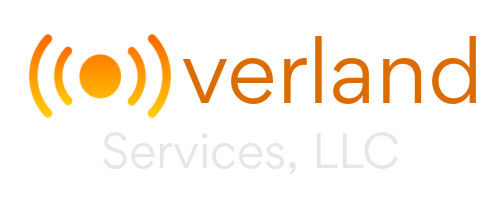
The Benefits of GPS Tracking for Non-Powered or Stationary Equipment
In today’s fast-paced industries, from construction to logistics, keeping track of equipment is critical to operational success. While GPS tracking is commonly associated with vehicles and powered equipment, its value for non-powered or stationary assets is often underestimated. Here’s why incorporating GPS tracking into your non-powered equipment strategy can save time, reduce costs, and streamline operations.
1. Asset Visibility and Management
Non-powered equipment like trailers, containers, generators, and scaffolding often moves between job sites. Without GPS tracking, locating these assets can become a logistical nightmare. With GPS trackers, you gain real-time visibility, ensuring that every piece of equipment is accounted for and easily located when needed.
This visibility reduces the time spent searching for equipment and minimizes delays. It also allows businesses to make informed decisions about asset allocation, improving efficiency across operations.
2. Theft Prevention and Recovery
Non-powered equipment is particularly vulnerable to theft because it often lacks built-in security measures. GPS tracking serves as a deterrent and a recovery tool. In the event of theft, GPS trackers provide precise location data, aiding law enforcement in asset recovery and potentially saving thousands of dollars in replacement costs.
Some advanced GPS tracking solutions also include geofencing features. These allow you to set virtual boundaries around specific areas. If equipment is moved outside the designated area, you’ll receive instant alerts, enabling quick action to prevent theft.
3. Maintenance Scheduling
Even non-powered equipment requires regular maintenance to stay in optimal condition. GPS tracking systems can monitor usage and alert you when maintenance is due based on predefined schedules or usage thresholds. This proactive approach helps extend the lifespan of your equipment, reduces downtime, and ensures safety on the job site.
4. Improved Accountability
With GPS tracking, you can monitor how and where your equipment is used. This level of oversight promotes accountability among team members and contractors, reducing the likelihood of misuse or mishandling. It also simplifies the process of verifying rental durations, ensuring accurate billing and reducing disputes.
5. Cost Savings
Implementing GPS tracking for non-powered equipment is an investment that quickly pays for itself. By reducing theft, minimizing downtime, and improving operational efficiency, businesses often see significant cost savings. Additionally, knowing the exact location of your assets eliminates the need for over-purchasing or renting duplicate equipment, further reducing expenses.
6. Enhanced Customer Satisfaction
For businesses that rent out equipment, providing accurate and timely service is key to customer satisfaction. GPS tracking allows you to confidently inform customers of equipment delivery timelines, quickly locate and retrieve equipment, and maintain assets in top condition. This reliability builds trust and fosters long-term client relationships.
GPS tracking for non-powered or stationary equipment isn’t just a convenience—it’s a game-changer for businesses looking to enhance efficiency, reduce costs, and improve security. By integrating this technology into your asset management strategy, you can gain a competitive edge and ensure that your equipment works as hard as you do.
At Overland Services, we specialize in providing advanced GPS tracking solutions tailored to your needs. Contact us today to learn how we can help safeguard your assets and streamline your operations.
